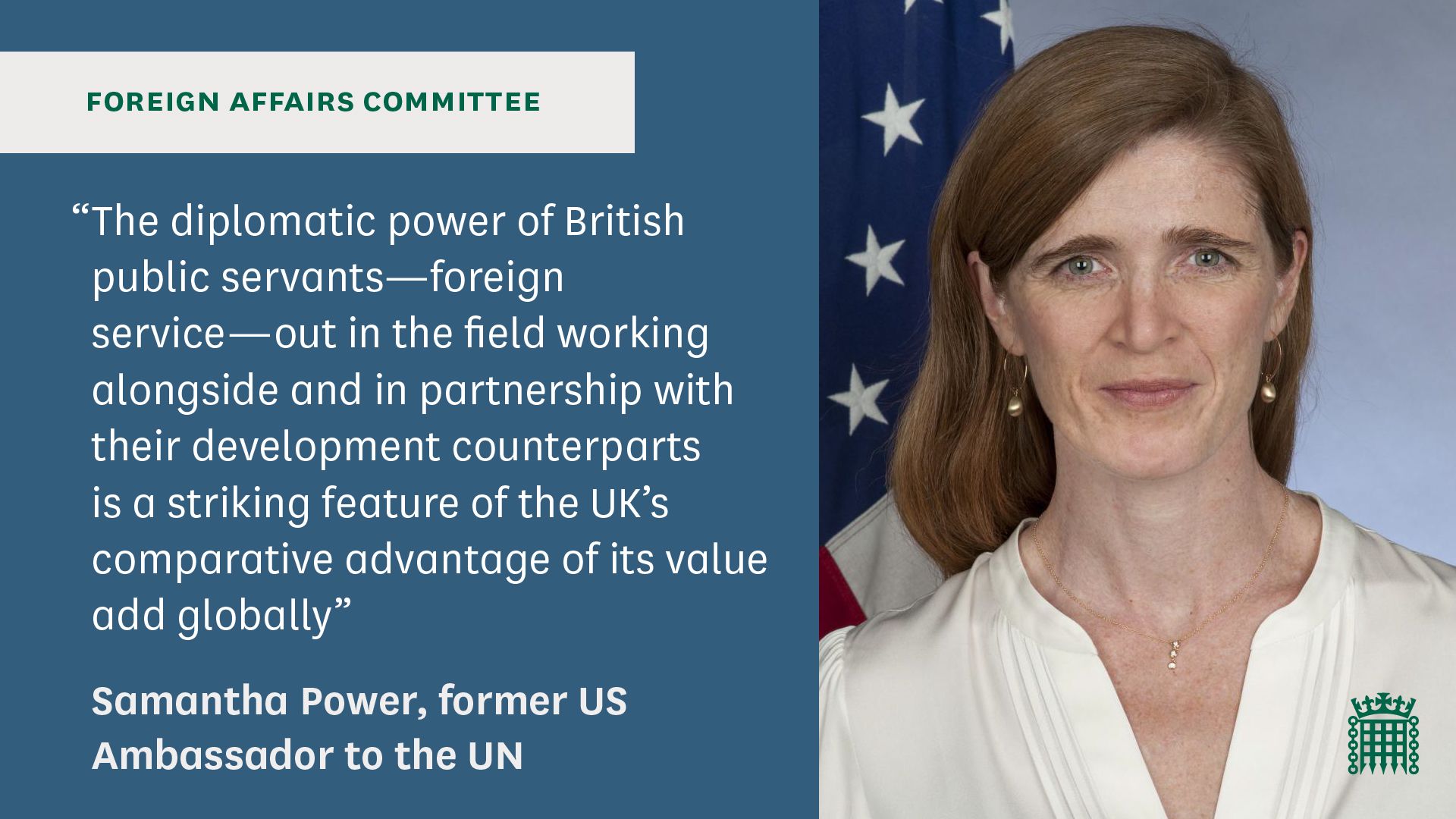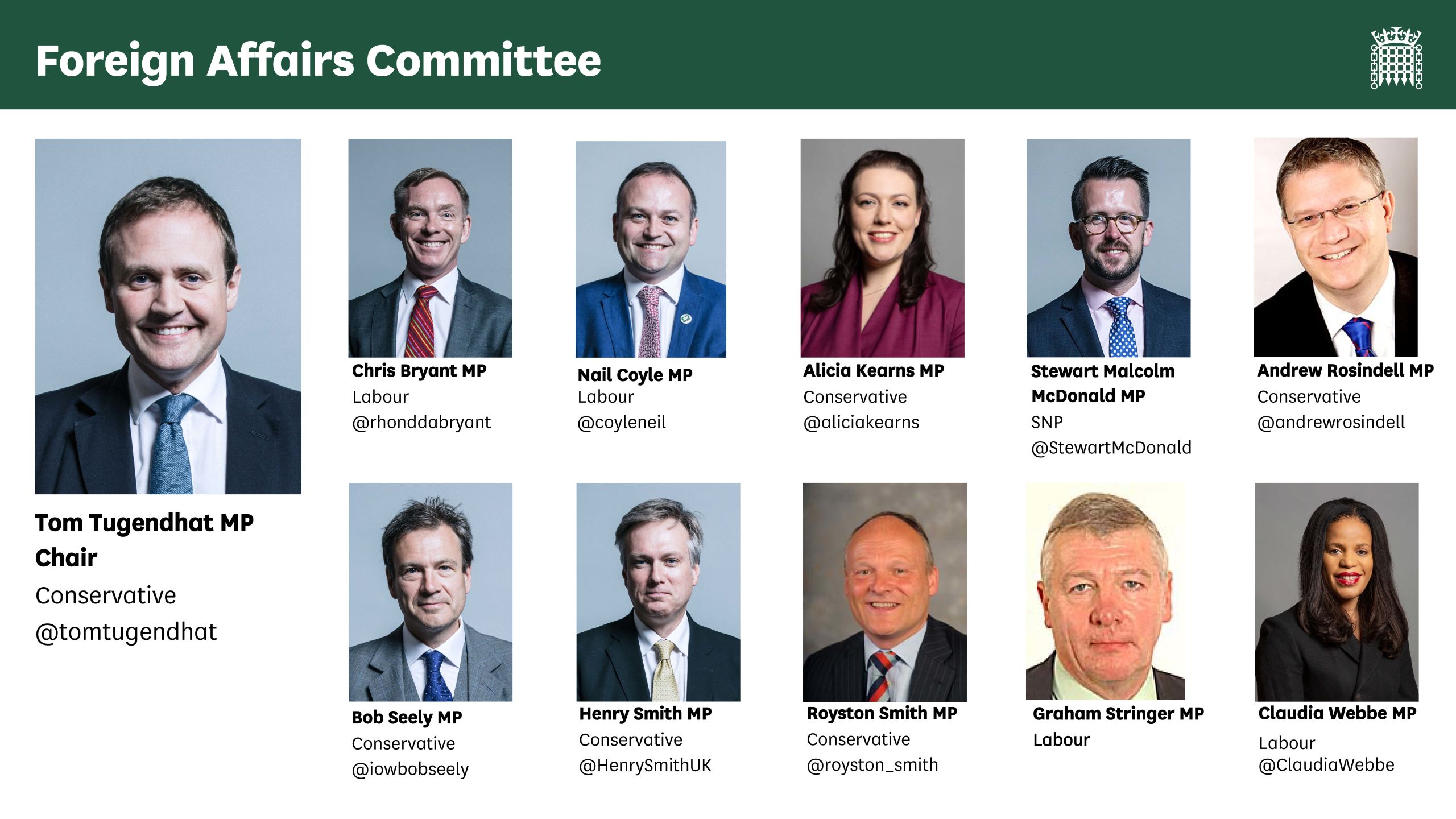A brave new Britain
What should the future of the UK’s international policy look like following the Integrated Review?
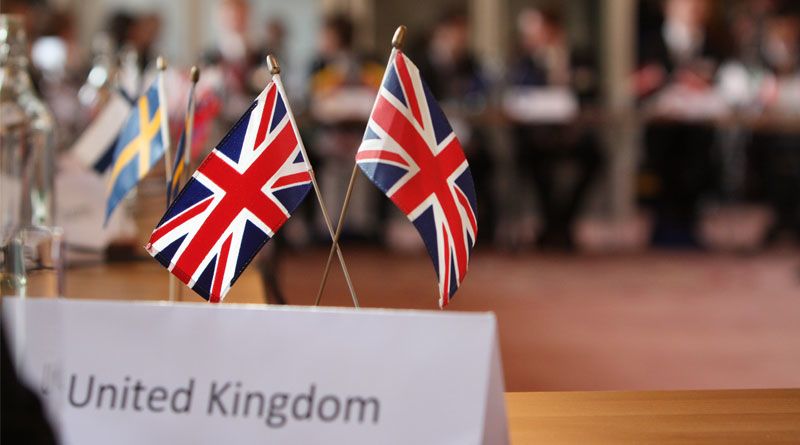
The UK’s international policy has recently been adrift. It has lacked clarity, confidence and coherence.
Our new report, A brave new Britain? The future of the UK’s international policy, makes recommendations for getting things back on track for the global good and that of the British people.
What is the Integrated Review?
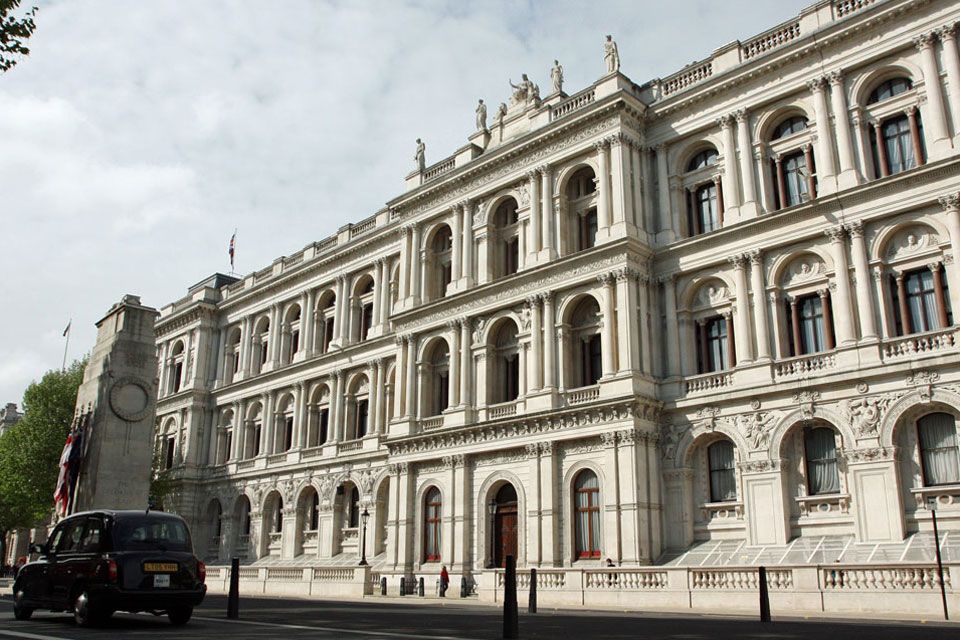
The Government has said that the Integrated Review of Security, Defence, Development and Foreign Policy, the biggest such review since the end of the Cold War, will “define Britain’s place in the world” and “overhaul its approach to foreign policy”.
The Review is how the Government considers:
- The future state of the world
- The UK’s capabilities and its requirements
- What the country should both offer and seek through our international engagement
How is Britain viewed abroad?
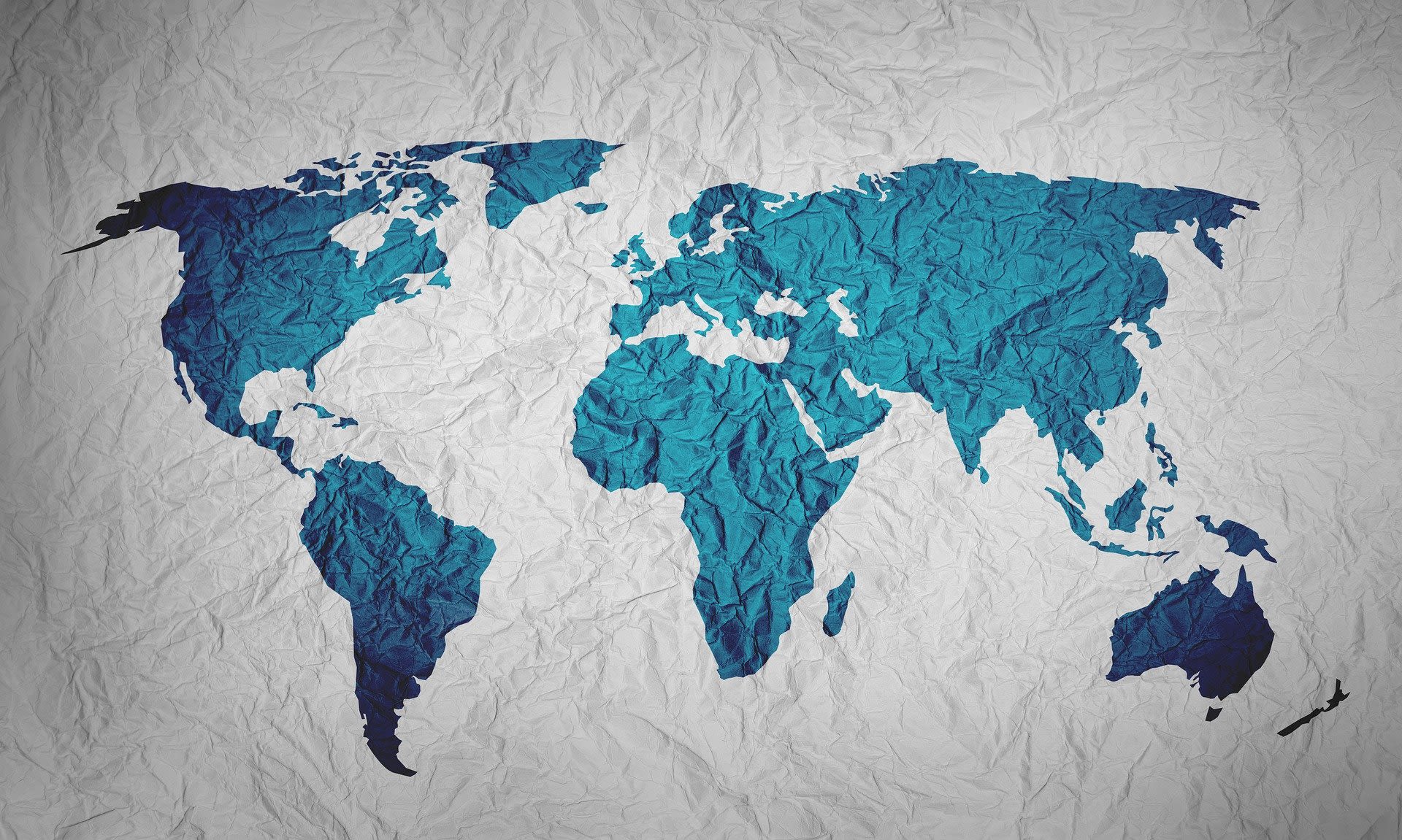
As a Committee, we set out to scrutinise and contribute to the Review with recommendations made after one of our most ambitious inquiries.
- Working with other Committees, we kept the pressure on the Government to enhance its consultation and transparency around the Review.
- Working with the British Council, we surveyed more than a thousand young people around the world about how they viewed the UK and its role.
- We undertook our own consultations, publishing eighty written submissions on our website and questioning witnesses from every region of the world about how Britain is viewed and valued abroad. They included His Majesty King Abdullah II of Jordan, who told us how much he valued the relationship with the UK.
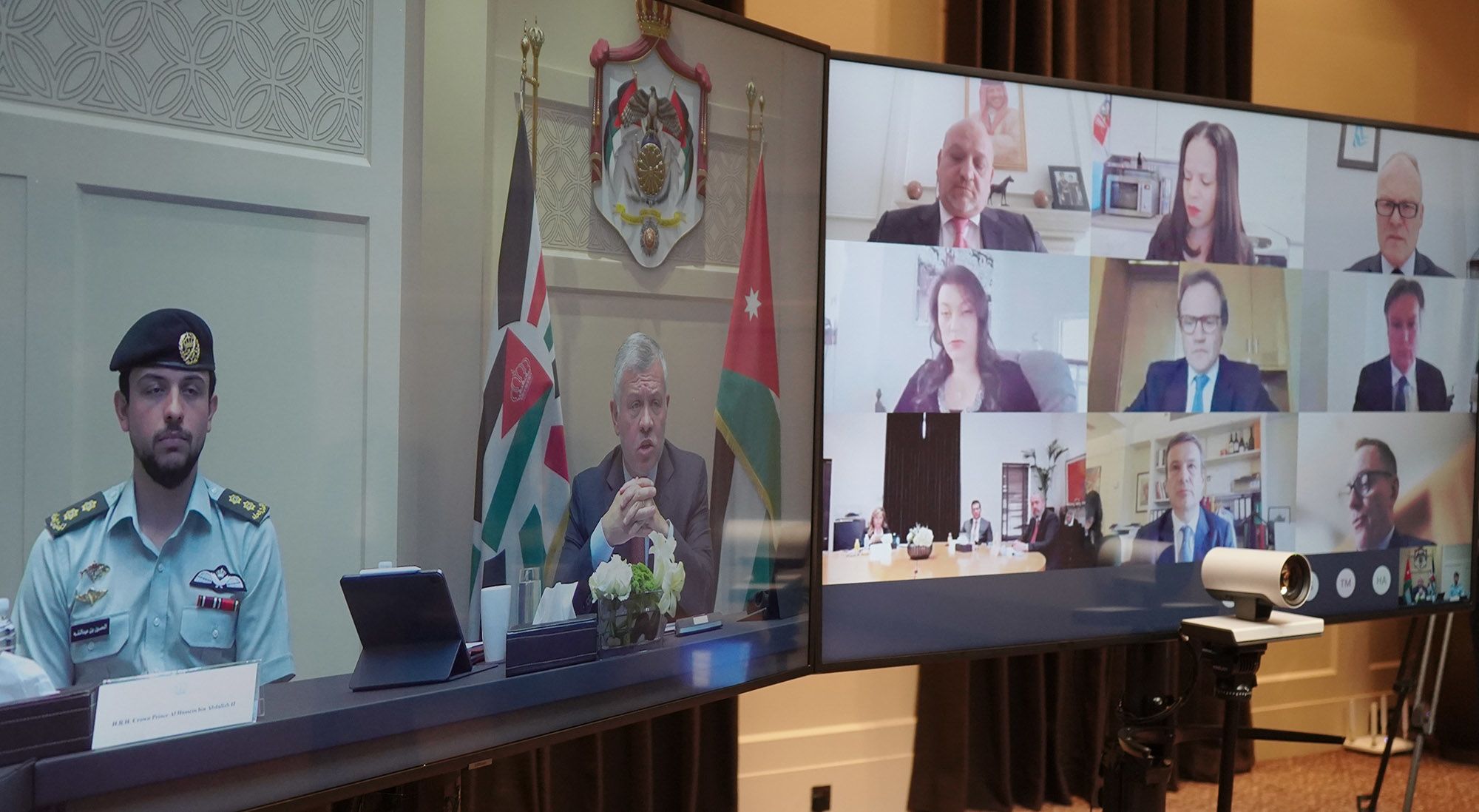
His Majesty King Abdullah II of the Hashemite Kingdom of Jordan speaking to the House of Commons Foreign Affairs Select Committee in July 2020
His Majesty King Abdullah II of the Hashemite Kingdom of Jordan speaking to the House of Commons Foreign Affairs Select Committee in July 2020
Has the UK's engagement with the world weakened?
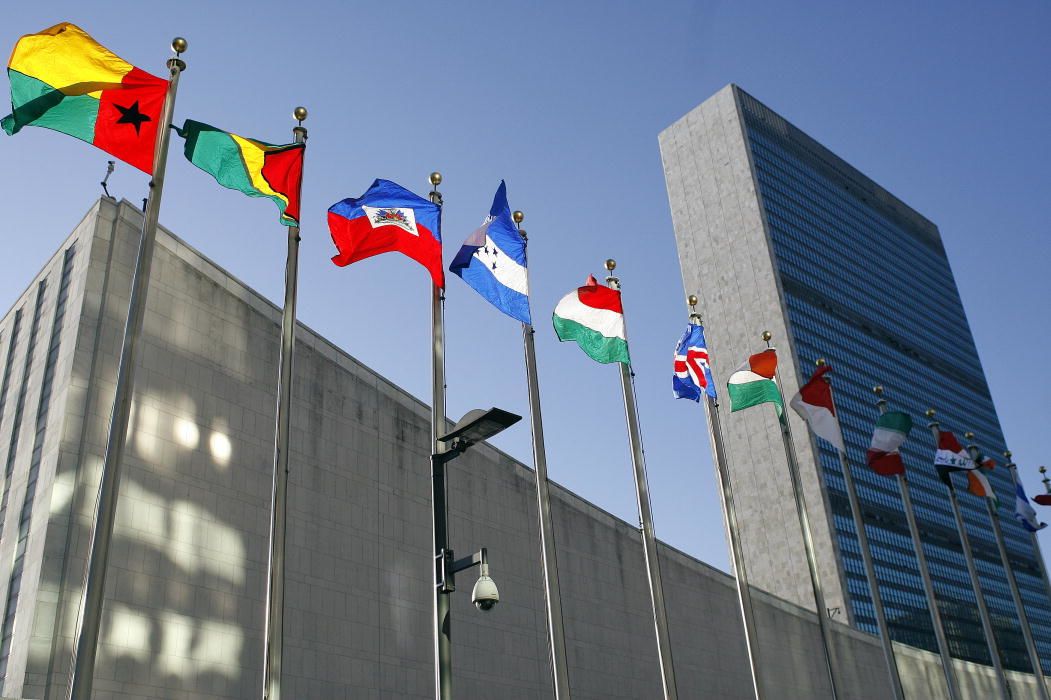
But the King and other contributors worried that the UK’s engagement with the world had weakened recently.
- When asked whether the UK had neglected South America, Juan Manuel Santos, a former President of Colombia, said yes, pointing to how small British trade is with the region, but adding that "there is an opportunity there—a big opportunity."
- Ambassador Chan Heng Chee, from Singapore, said Britain could "step up its profile" in south-east Asia and "be more active" in security and defence.
- Lord Hague of Richmond, the former UK Foreign Secretary, had some interesting advice for British policy: "Be more French." "They do not really hold back on coming up with a new initiative and presenting it to the rest of the world, so I think we should be a little less coy about that," he told the Committee.
- Ellen Johnson Sirleaf, Africa’s first elected female head of state and a former President of Liberia, urged the UK not to retreat.
Ellen Johnson Sirleaf gives evidence to the Foreign Affairs Committee, June 2020
Ellen Johnson Sirleaf gives evidence to the Foreign Affairs Committee, June 2020
The key qualities that our contributors praised were the UK’s ability to bring different countries together: convening gatherings, forming coalitions and even offering text for treaties in a way that others can agree with.
We call on the UK to use these qualities to help the world reform its multinational organisations, agree rules for the frontiers of cyberspace and outer space, and generally form nimble coalitions of like-minded nations to act in response to challenges and opportunities.
What is Britain's role in the world?
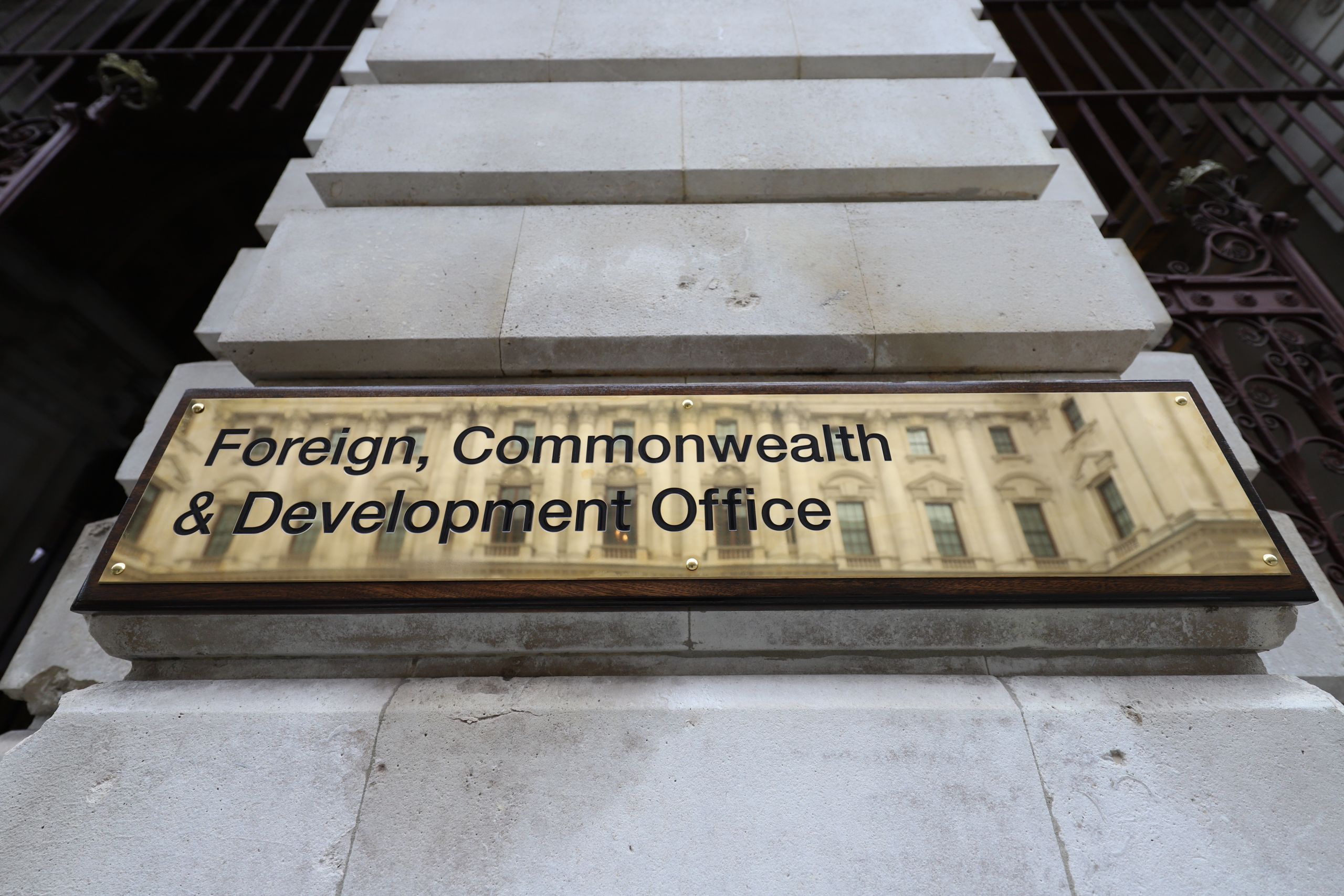
While UK international policy has lacked a clear vision, there is good reason for confidence in the capabilities of the Foreign, Commonwealth & Development Office (FCDO). In our report, we call for:
- An enhanced role for the FCDO to give greater clout and coherence to our policy, overcoming the persistent problem that ‘Britain abroad’ is less than the sum of its parts.
- The FCDO to have greater coordinating power with the Department for International Trade and with the Ministry of Defence.
- The FCDO to have the lead in convening and delivering a ‘soft power’ strategy that benefits from the full range of UK assets.
The FCDO was praised by our contributors from around the world.
- Zeid Ra’ad al-Hussein, the former UN High Commissioner for Human Rights, told the Committee: "British diplomats are extremely talented. [...] In my experience, the UK brought to the fore its technical and vast knowledge on issues when we would reach a logjam."
Recent events have challenged the UK to considers its relevance, and the implications of its colonial history. None of our contributors wanted the UK to keep back or keep quiet: they wanted the UK to play a greater role in the world, emphasised its ability and responsibility to do so, and feared the negative consequences if it declined.
We hope that the UK Government will listen.
What happens next?
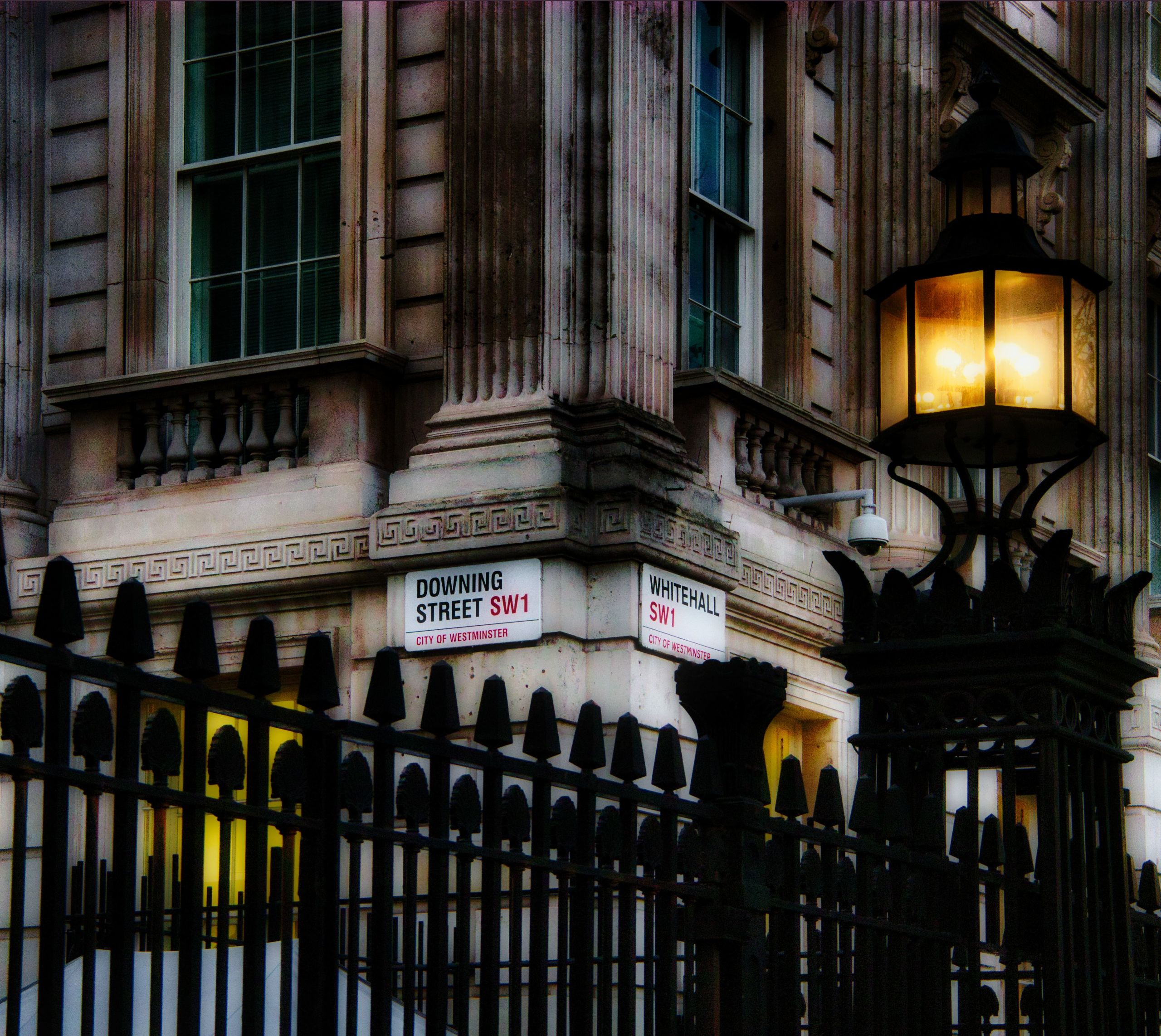
The Government must now respond to our report
Our report A brave new Britain? The future of the UK’s international policy was published on 22 October 2020.
Detailed information from our inquiry can be found on our Committee website.
If you’re interested in our work, you can find out more on the House of Commons Foreign Affairs Committee website. You can also follow our work on Twitter.
The Foreign Affairs Committee examines the expenditure, administration and policy of the Foreign, Commonwealth and Development Office (FCDO) and other bodies associated with the Foreign Office and within the Committee's remit, including the British Council.
Title image source: House of Commons Library

